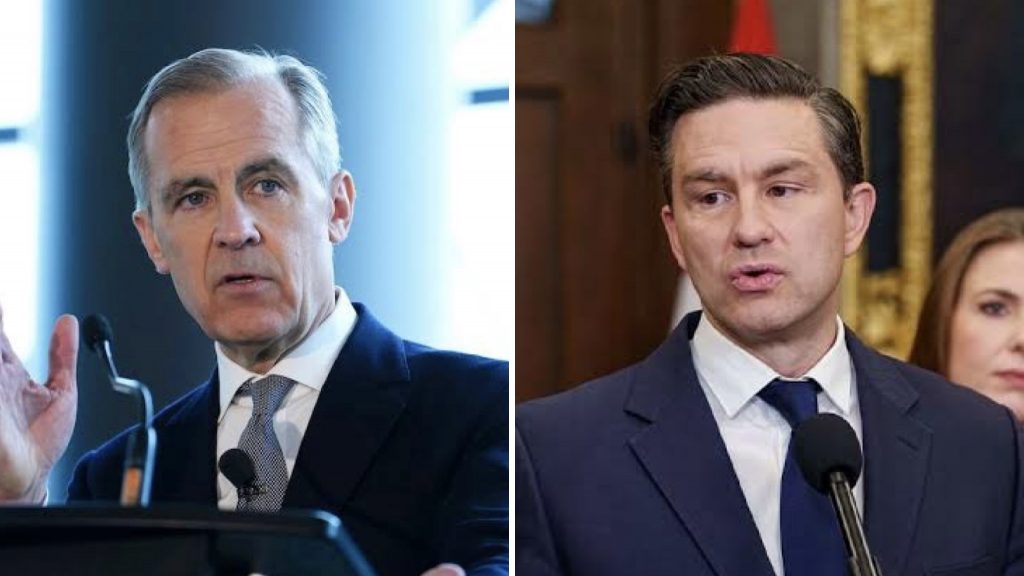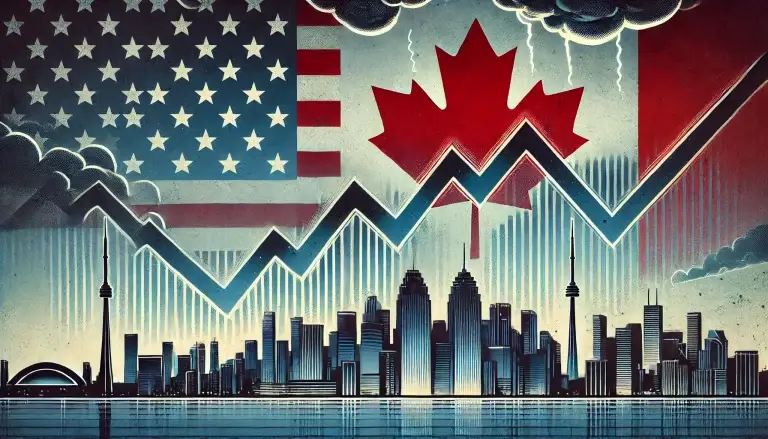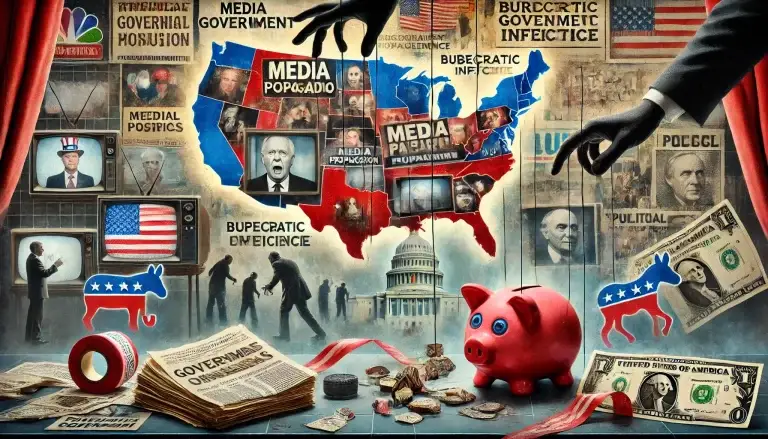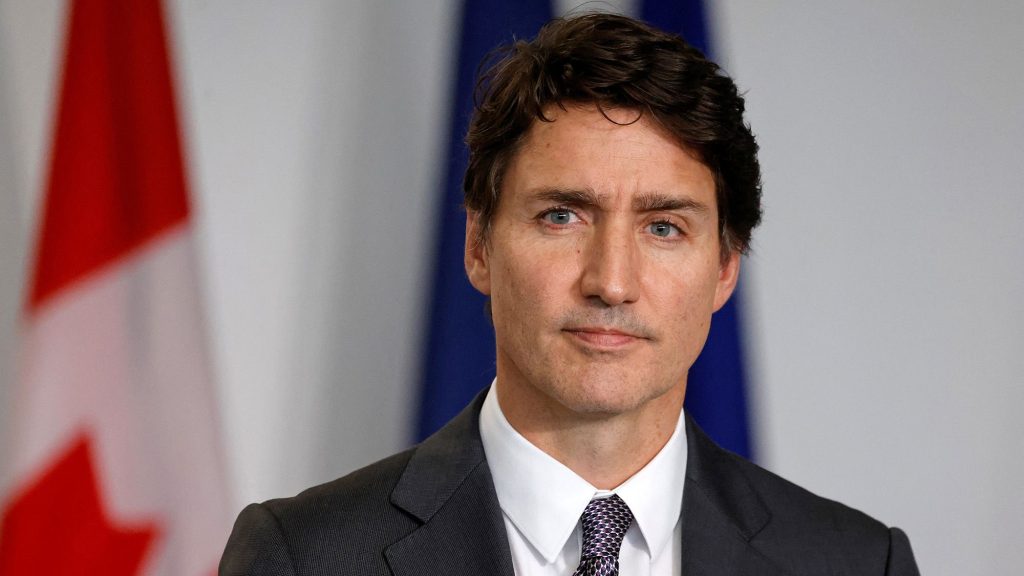
Mark Carney, a seasoned economist and former central banker, has recently ascended to the leadership of Canada’s Liberal Party, positioning him as the successor to Justin Trudeau as Prime Minister. His entry into politics comes at a critical juncture, with Canada facing escalating economic and political tensions with the United States under President Donald Trump. (ft.com)
Pierre Poilievre, on the other hand, has been at the helm of the Conservative Party and the Official Opposition since 2022. His political journey began in his youth, working for Canadian Alliance leader Stockwell Day, and he has since established himself as a prominent figure in Canadian politics. (Wikipedia)
Economic Policies:
Carney’s extensive background in economics is expected to influence his approach to Canada’s fiscal and monetary policies. He has pledged to defend Canadian sovereignty and retaliate against U.S. tariffs, while also addressing domestic issues like slow growth and migration. (thetimes.co.uk)
Poilievre positions himself as a “true conservative” with libertarian leanings, advocating for reduced government intervention in the economy. He has been a vocal critic of high taxes and expansive monetary policies, expressing support for cryptocurrencies like Bitcoin as alternatives to traditional financial systems. (Wikipedia)
Housing and Infrastructure:
Poilievre attributes Canada’s housing shortage to bureaucratic inefficiencies and proposes compelling large cities to increase housing construction by 15% annually to continue receiving full federal infrastructure funding. He also suggests selling underutilized federal buildings to be converted into affordable housing. (Wikipedia)
Carney’s stance on housing and infrastructure has yet to be detailed, but his focus on economic stability suggests these areas will be addressed under his leadership.
Foreign Policy:
Carney’s immediate challenge lies in navigating the strained relationship with the U.S., marked by trade disputes and annexation threats from President Trump. He has vowed to confront these issues head-on, emphasizing the defense of Canadian sovereignty. (ft.com)
Poilievre has criticized the Trudeau government’s approach to China, advocating for reduced reliance on the Chinese government and increased domestic vaccine production. He supports providing more weapons to Ukraine and supplying Europe with Canadian energy to reduce dependence on Russian resources. (Wikipedia)
Social Policies:
Poilievre identifies as pro-choice regarding abortion and supports the recognition of same-sex marriage, despite opposing its legalization in 2005. He positions himself as an “anti-woke” candidate, opposing certain progressive cultural policies. (wikipedia.org)
Carney’s positions on these social issues have not been prominently featured in his public statements, leaving his stance in these areas less defined.
Public Perception and Leadership Style:
Carney is perceived as a pragmatic and experienced economist, capable of steering Canada through economic challenges. His tenure as the governor of the Bank of England showcased his self-confidence and intolerance for incompetence, traits that may influence his political leadership. (theguardian.com)
Poilievre’s populist approach has resonated with segments of the Canadian populace, particularly those critical of government overreach and supportive of individual freedoms. His support for the “Freedom Convoy” protests against mandatory COVID-19 vaccinations has bolstered his popularity among libertarian-leaning conservatives. (wikipedia.org)
Conclusion:
The choice between Mark Carney and Pierre Poilievre presents Canadians with distinct visions for the country’s future. Carney’s technocratic expertise and focus on economic stability contrast with Poilievre’s libertarian values and advocacy for reduced government intervention. As Canada approaches its next federal election, voters will weigh these differing approaches to determine which leader aligns best with their aspirations for the nation’s trajectory.


